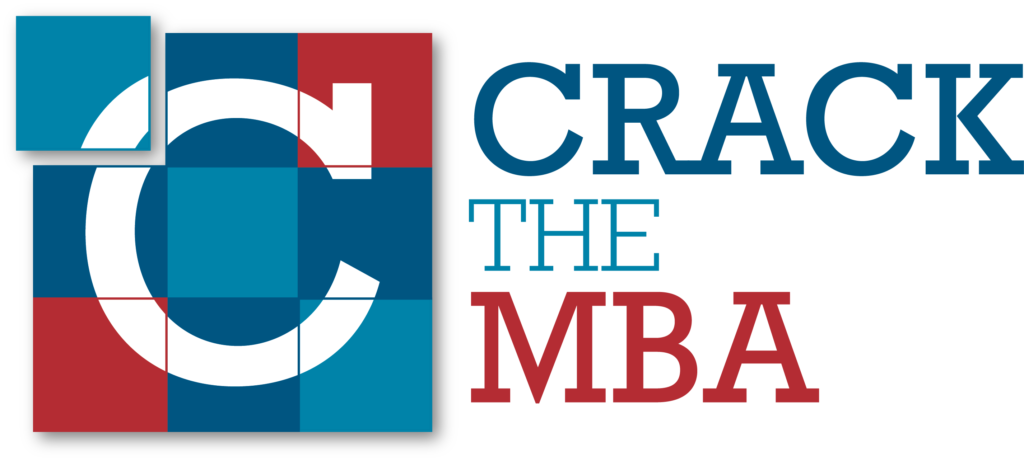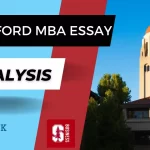Part 3: Deba’s experience landing a job in India post MBA from USA
This is the final part of our three-part interview of Deba – an alumna of The Chicago Booth full-time MBA program. Deba got into Booth and graduated from the program. What next? She knew she wanted to work in Corporate Finance and decided to validate her choice through an internship. She interviewed with a few firms and accepted an internship offer from Mattel in March. A couple of weeks after accepting the internship, at the end of March, she was invited for a second round interview with Johnson & Johnson. She had to decline this opportunity but opted to stay in the system for further news. She had a fantastic stint at Mattel but still decided to explore more options before deciding on her first full-time job after graduation.
In her second year, she took a proactive role in numerous activities at Booth. She co-led the Corporate Finance Club at Booth and immersed herself in activities that would expose her to job opportunities in Corporate Finance.

Johnson & Johnson
Johnson & Johnson was recruiting for its International Rotation & Development Program (IRDP) and invited her for an interview. She had a first round interview on-campus with HR and they put detailed notes in their global system. These notes were visible to recruiting managers in different geographies and industry groups across the world.
Subsequently, Deba was contacted by the Pharmaceutical division of J&J and had a few calls with them. Finally, she was invited to a three-day event organized by J&J over Thanksgiving Break. This event was attended by 700 MBAs from all over the world and recruiting managers flew in from different geographies to recruit MBAs for the IRDP. This program has a strong career focus and provides young managers opportunities to quickly advance into more senior roles. Candidates also get an opportunity to rotate in different geographies. Two days after the event, Deba received a job offer from J&J. Even though the actual salary numbers came in December, Deba was already sold on the opportunity and knew this was a step in the right direction for her.
Six other people joined the IRDP from LBS, Kellogg and other MBA programs. They were assigned to different franchises – Deba selected Finance. These franchises report not only to their geographical office (India in Deba’s case), but also report up to headquarters.
Deba started at the headquarters in San Francisco for the first six months. Here, she was able to meet and network with business leaders, understand the product pipeline, strategy and focus for the firm going forward. She also worked with a team from Latin America as the learnings from the emerging market are relevant for her in India. She has been applying some of these lessons in India.
Working in India for almost a year, Deba can appreciate her stint in US. She feels that the exposure in SFO ensures she does not feel like she is operating in a silo with a single-minded focus on sales numbers. Instead, she got a bird’s eye view and has a focus on the big picture at all times.
While the program sounds “too good to be true”, we wanted to dig in deeper and played devil’s advocate. We asked how Deba could make this transition given the depreciation in the Indian Rupee and the loan that she would have to pay off.
She responded, “Here is where the structure of the six-month rotation in SFO was like the icing on the cake. In addition to all the benefits already listed, the rotation paid me in USD for the entire six months of its duration. This allowed me to pay down a chunk of my loan.”
We also asked if other MNCs were recruiting in India. She mentioned John Deere was recruiting for its Pune office. She also said that Consulting firms had the option of selecting India as the home office and the interviews could be conducted by the local team through Skype/phone or in-person if candidates were physically present in India.
She did caveat her response by admitting it was harder to move to India immediately after an MBA from the U.S. if moving into a corporate job. PE, Consulting, Banking jobs are different as they use a global standard in salaries and pay a lot more.
She gave an example of her classmate who is working in Consulting in USA and is looking to move back to India. While he is able to find jobs, he has had trouble finding an employer who can pay him enough to stop worrying about paying back his loan. She has also heard that some loan companies work with people to reduce their monthly payments to facilitate their career choices.
To sum up her thoughts, Deba says, “Moving back is a luxury that not everyone can afford”. That being said, four people from her class did manage to make the move back to India.
We pressed her on how that did not deter her from moving. She clarifies that she was able to fund some of her education through savings. Further, she thinks moving back is about taking a long-term approach. She envisions herself in the C-suite and this role in J&J’s IRDP is a step in that direction.
With this, we come to the culmination of our series on Deba’s journey into getting into Chicago Booth, her experiences at Booth, along with her job search and her stint at Johnson & Johnson’s Leadership & Development Program.






